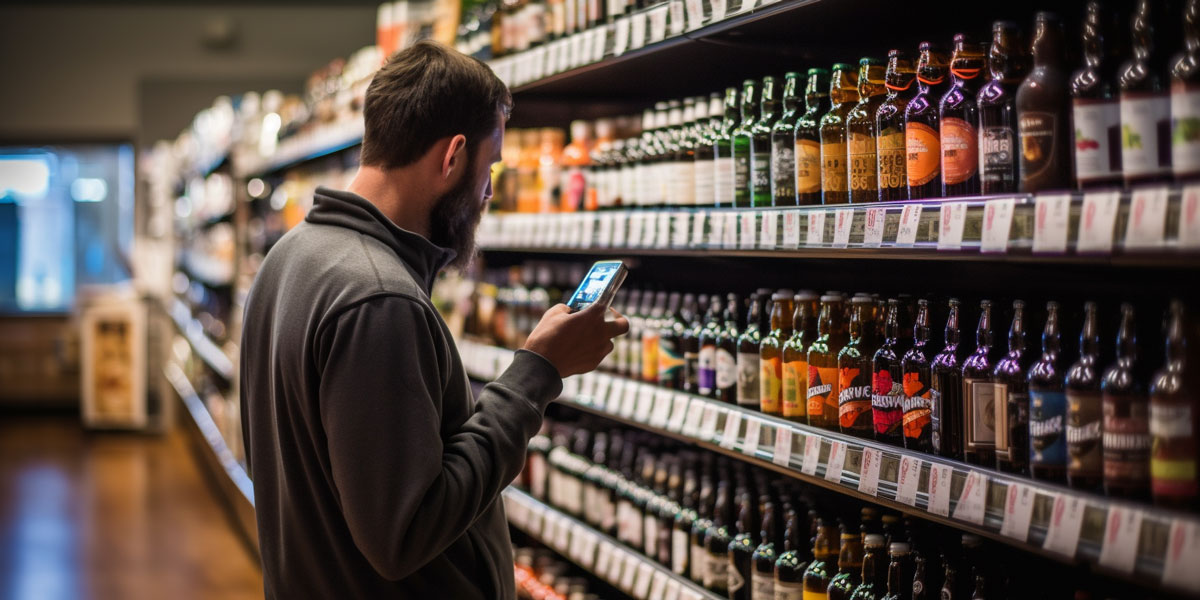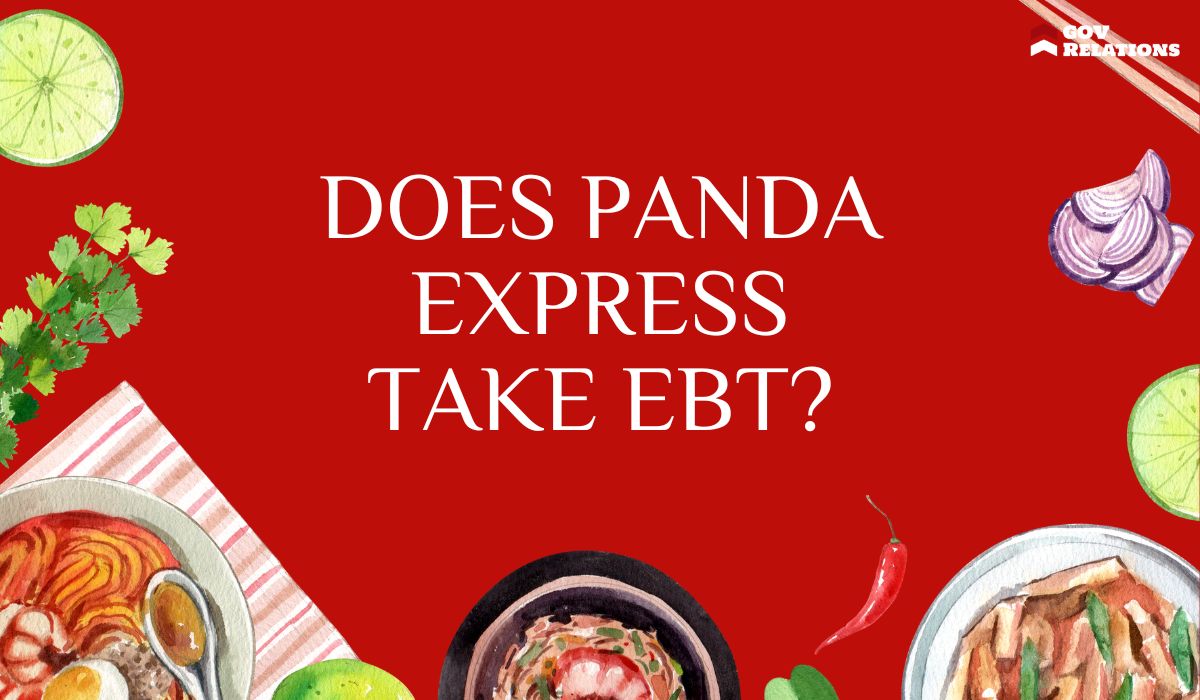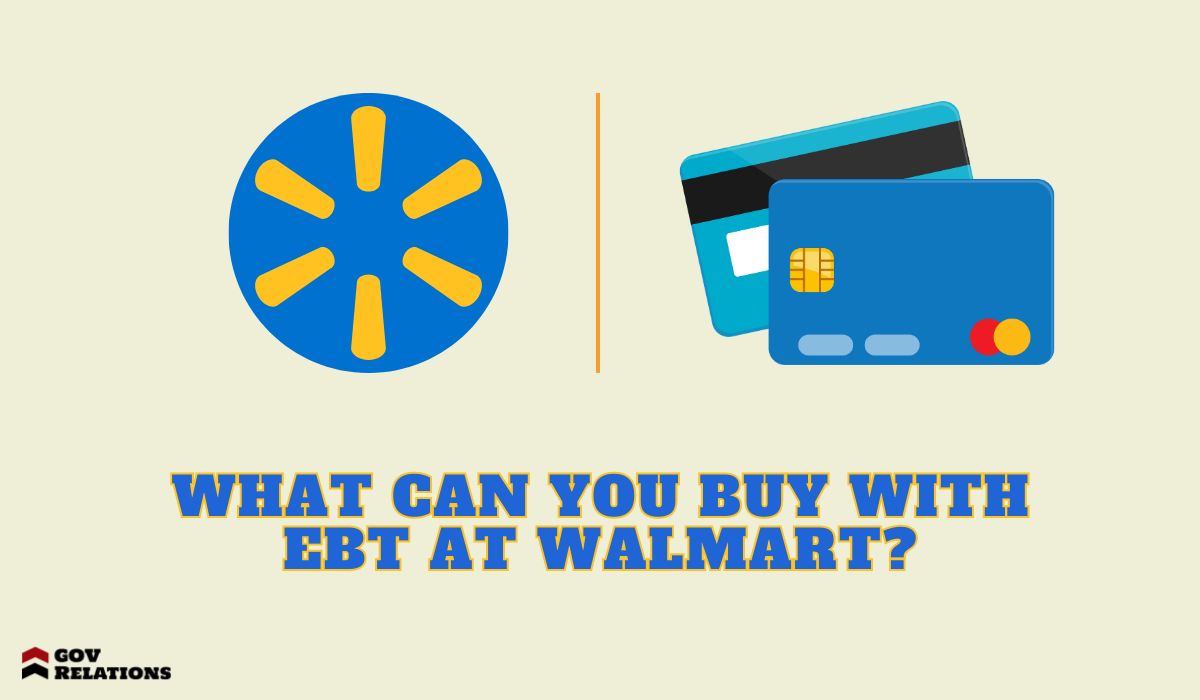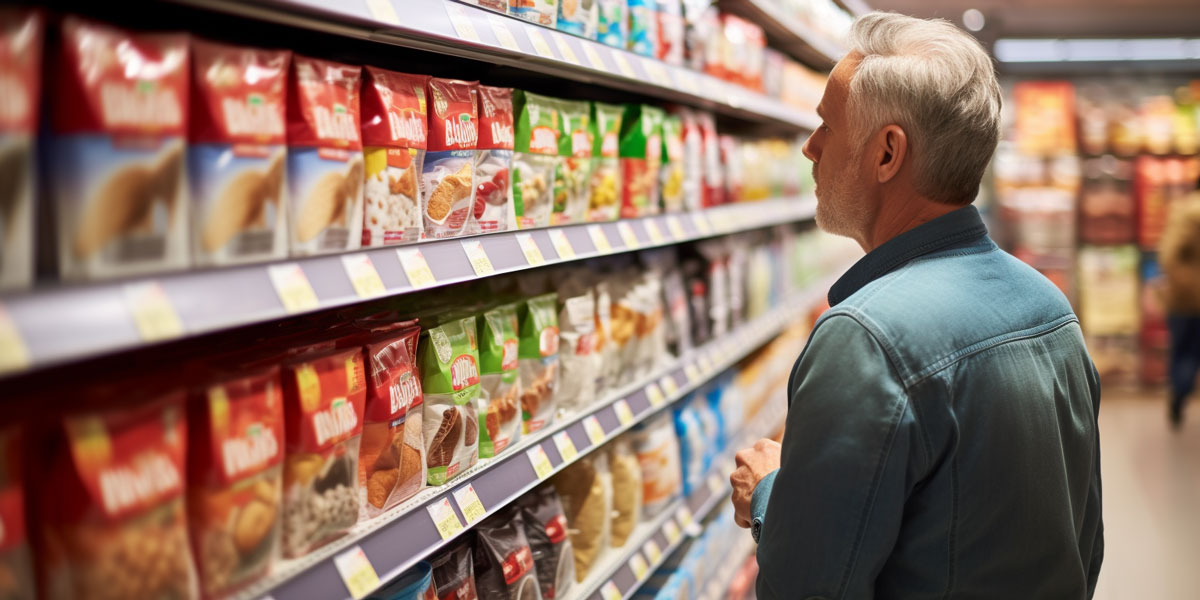Alcoholic beverages, including wine, cannot be purchased with Electronic Benefit Transfer (EBT) due to the Supplemental Nutrition Assistance Program (SNAP) guidelines, which are designed to prioritize the purchase of essential food items for nutritional health.[1]
With more than 41.2 million people in 21.6 million households benefiting from SNAP on a monthly basis, the program plays a critical role in supporting the nutritional needs and food security of a significant portion of the American population.[2]
The SNAP program aims to reduce hunger and food insecurity among low-income households in the United States by providing benefits to purchase nutritious food, demonstrating the program's extensive reach and significant impact on supporting the nutritional well-being of millions.
There are several other support programs like WIC, NSLP, TEFAP, community food banks, and FMNP that complement SNAP benefits, offering broader access to nutritious foods and highlighting the comprehensive network of support available to vulnerable populations.
Navigating the complexities of government assistance programs like the Electronic Benefit Transfer (EBT) system can often raise a myriad of questions, especially when it comes to what items are eligible for purchase. One question that frequently surfaces is, "Can you buy wine with EBT?" This inquiry not only sheds light on the boundaries of the EBT program but also underscores the broader conversation about the types of goods that are deemed essential or non-essential under these federal guidelines.
In this article, we delve into the specifics of the EBT program, exploring its purpose, limitations, and the reasoning behind why certain items, such as wine, fall outside the scope of what can be purchased. Join us as we unravel the intricacies of EBT eligibility, providing clarity and insight into one of the most common queries amongst EBT cardholders.
Can You Buy Wine With EBT?
No, you cannot buy wine with EBT. The Electronic Benefit Transfer (EBT) system, which administers the Supplemental Nutrition Assistance Program (SNAP) benefits, is designed to help low-income households purchase essential food items. Since SNAP benefits are strictly regulated by federal guidelines, they exclude the purchase of alcoholic beverages, including wine. The program focuses on providing access to nutritious food that can sustain a healthy diet, hence items like wine, which are considered non-essential luxury goods, fall outside the eligibility criteria for EBT purchases.[1]
Understanding EBT and SNAP Benefits
The Electronic Benefit Transfer (EBT) system and the Supplemental Nutrition Assistance Program (SNAP) play critical roles in the United States' efforts to reduce hunger and food insecurity among its population. Through EBT, SNAP benefits are electronically issued to low-income individuals and families, allowing them to purchase nutritious food that meets their dietary needs.
As of recent statistics, more than 41.2 million people in 21.6 million households have benefited from SNAP on a monthly basis, showcasing the program's extensive reach and its significance in supporting the nutritional well-being of millions.[2]
What You Can Buy with EBT
Fast Facts
EBT cards can be used to buy a wide range of foods, ensuring beneficiaries can tailor their purchases to dietary needs.
EBT cards empower recipients to buy a variety of foods that are essential for a balanced diet. Eligible items include fruits and vegetables, meat, poultry, fish, dairy products, breads and cereals, snack foods, and non-alcoholic beverages. Additionally, seeds and plants that produce food for the household to eat are also purchasable with EBT. This flexibility in food choices ensures that individuals and families can tailor their purchases to fit their dietary needs and preferences, all while adhering to the program's guidelines.
Prohibited Items: Beyond Wine
While EBT offers a wide range of food options, there are clear restrictions designed to ensure the program focuses on nutritional health. Beyond alcoholic beverages like wine, SNAP benefits cannot be used to buy tobacco products, vitamins, medicines, supplements, pet foods, cleaning supplies, paper products, and other household items. Prepared foods that are hot at the point of sale, or any food that will be eaten in the store, are also prohibited. These restrictions are in place to ensure that SNAP benefits are used as intended: to provide nutritional support to those in need.
The Reasoning Behind the Restrictions
Fast Facts
The restrictions on SNAP purchases underline the program's goal to enhance the nutrition and health of low-income families, encouraging healthier eating patterns by limiting purchases to nutritious foods and excluding non-essential items.
The rationale behind the restrictions on SNAP purchases is rooted in the program's primary goal: to enhance the nutrition and health of low-income families and individuals. By limiting purchases to nutritious foods and excluding non-essential items like alcohol and tobacco, SNAP aims to encourage healthier eating patterns among its beneficiaries. The exclusion of prepared hot foods and non-food items further ensures that the benefits are directed towards home-consumed food that sustains families over time.
This focus on nutrition helps to address food insecurity and supports the overall well-being of millions of Americans, reinforcing the program's foundational aim of promoting food access and dietary health.
Accessing Additional Nutritional Support Programs
Beyond EBT and SNAP, several support programs help low-income families access nutritious foods. These include:
-
WIC Program: Targets nutritional needs of mothers and young children with food packages rich in nutrients.
-
National School Lunch Program (NSLP): Provides free or reduced-price lunches to eligible school children, ensuring access to balanced meals.
-
The Emergency Food Assistance Program (TEFAP): Offers emergency food aid through local food banks and pantries for immediate need.
-
Community Food Banks and Pantries: Supply additional food resources, including fresh produce, to those in need.
-
Farmers' Market Nutrition Program (FMNP): Enables WIC participants to purchase fresh, local produce from farmers markets.
-
Additional Supports: Includes community resources and online tools for enhancing food security and promoting healthy eating among vulnerable populations.
The Final Verdict on EBT and Wine Purchases
In conclusion, while navigating the stipulations of government assistance programs like EBT, it becomes clear that certain items, such as wine, are not eligible for purchase. The reason is straightforward: the Electronic Benefit Transfer (EBT) and the Supplemental Nutrition Assistance Program (SNAP) are designed with the specific aim of promoting nutritional health and food security among low-income households. Therefore, the question "Can you buy wine with EBT" is met with a definitive no, reinforcing the program's commitment to ensuring beneficiaries have access to essential, nutritious food options. This emphasis not only aligns with the program's guidelines but also highlights the broader objective of supporting the well-being of millions through access to healthy food choices, while also directing individuals to additional nutritional support programs for further assistance.
Uncover whether you can use your EBT benefits to purchase dog food for your furry friend. Explore the eligibility and guidelines in our comprehensive guide.

- “Supplemental Nutrition Assistance Program (SNAP) | Food and Nutrition Service.” USDA Food and Nutrition Service, https://www.fns.usda.gov/snap/
- “What the data says about food stamps in the U.S.” Pew Research Center, https://www.pewresearch.org/short-reads/2023/07/19/what-the-data-says-about-food-stamps-in-the-u-s/





